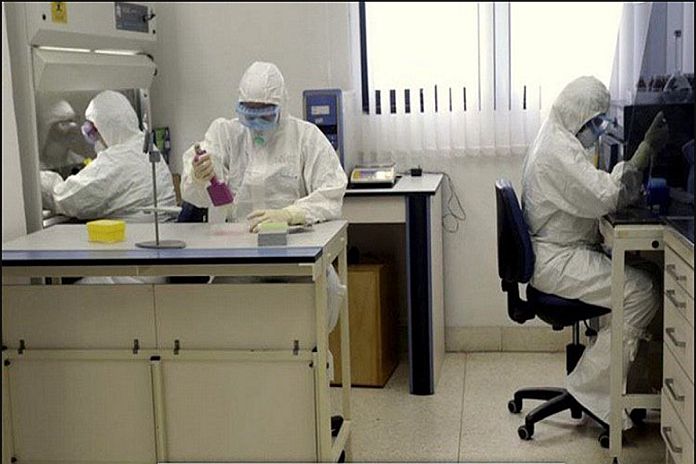By Caribbean News Global contributor
HAVANA, Cuba, (Telesur) – The Cuban Public Registry of Clinical Trials (CRCT) Monday announced a new clinical trial with a second COVID-19 vaccine underway in the Finlay Institute of Vaccines (IFV).
This is the second Cuban vaccine candidate after the IFV presented SOBERANA01 in August, which is recognized by the World Health Organization (WHO) as the only one produced as of today by a Latin American country.
Related Links
- UK – Cuba creating alliances in response to COVID-19
- China – Cuba to accelerate first joint biotechnology park
- St Vincent and the Grenadines acquire Cuban drug Interferon in mission-critical fight against COVID-19
The first phase of the trials aims to evaluate the safety and immunogenicity of different formulations and dosage schedules. IFV stated that the vaccine with the best results will advance to higher phases of clinical trials.
The study will involve both the SOBERANA 01 and the new candidate, which as of now is officially called FINLAY-FR-1A, but is expected to be named SOBERANA 01A as the tests progress.
“The Finlay Institute enrolls in the public registry a new clinical trial to evaluate different formulations and dosage schedules of SOBERANA01. The best one will advance to higher phases of clinical trials.”
According to an official release by the CRCT, phase I of the study will take place between October 19 and November 9, with the participation of three groups of volunteers.
One group will receive two high doses of the SOBERANA01, with 28 days in between each shot. The new vaccine formulation would be applied in the remaining groups with high and low doses respectively, also with a 28-day interval between injections. Also, the third group will receive a third low-dose shot 56 days after the first injection.
As the SOBERANA01 is in advanced stages of clinical trials without reporting any negative reaction among patients, CRCT said that they expect the new trials to be safe, “with no more than 5 percent of individuals with serious adverse events derived from the vaccination.”





